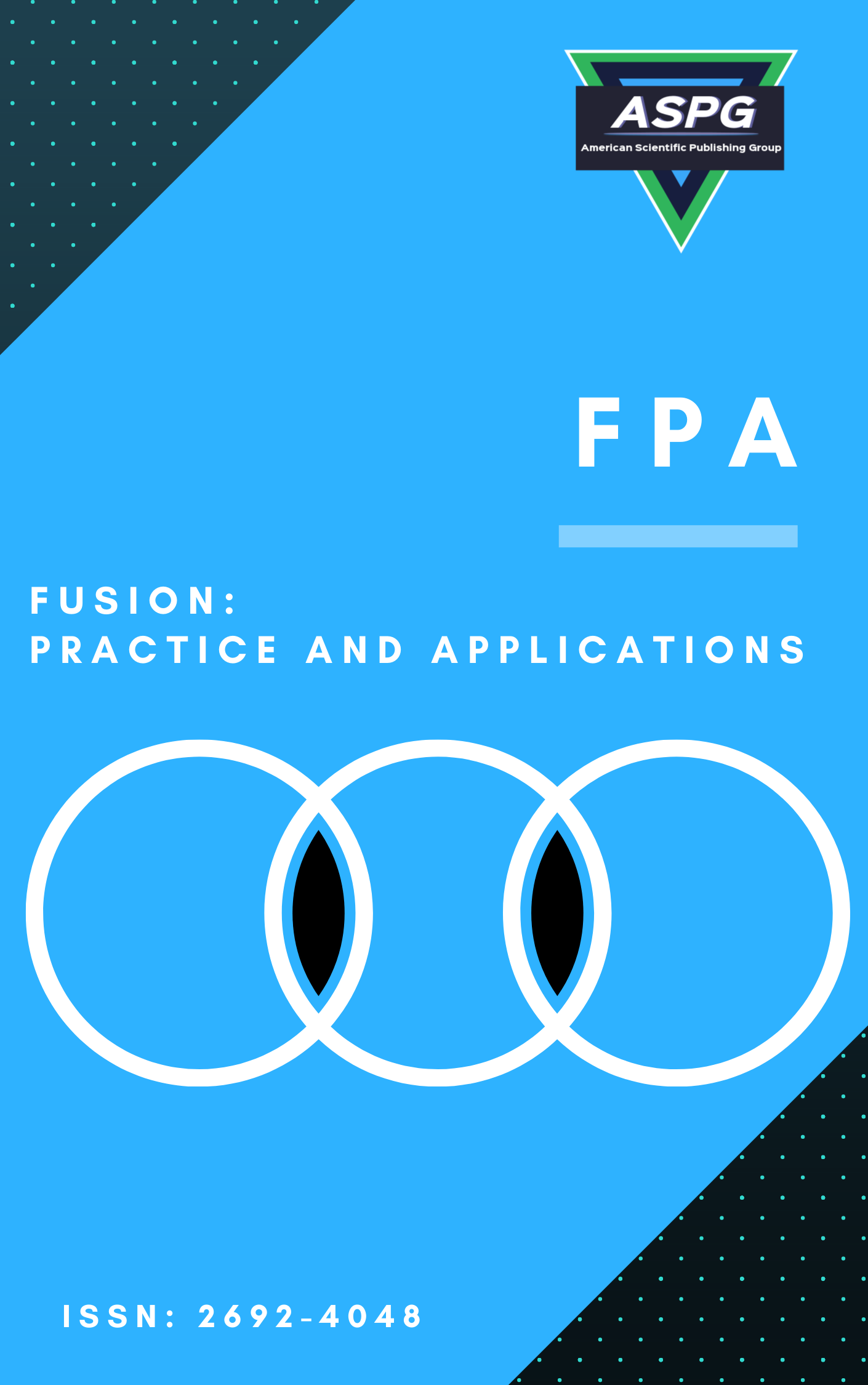

Volume 20 , Issue 1 , PP: 131-140, 2025 | Cite this article as | XML | Html | PDF | Full Length Article
Gozal Absalamova 1 * , Kamalov Shukhrat 2 , Diyora Absalamova 3 , Tengelova Farangiz 4 , Nematova Farangiz 5
Doi: https://doi.org/10.54216/FPA.200110
In recent years, the tourism industry has increasingly embraced advanced technologies to deliver highly personalized travel experiences. This paper proposes the development of an AI-powered Personalized Tourism Recommendation System (PTRS), to be piloted in Samarkand, Uzbekistan—a city renowned for its rich cultural and historical heritage. The system leverages artificial intelligence techniques alongside multi-source data fusion to generate dynamic and context-aware travel recommendations. By integrating diverse data sources—including user preferences, weather conditions, seasonal trends, and geographic factors—the system provides adaptive recommendations tailored to individual tourist profiles. A combination of recommendation algorithms, such as cosine similarity, Pearson correlation, and matrix factorization, is employed to optimize the accuracy and relevance of suggestions. Performance evaluation is conducted using standard metrics, including Root Mean Square Error (RMSE), Mean Absolute Error (MAE), Coefficient of Determination (R²), and Mean Squared Error (MSE). The results underscore the effectiveness of incorporating AI and data fusion in enhancing smart tourism systems, paving the way for more intelligent and user-centric travel experiences in culturally rich destinations like Samarkand.
Artificial Intelligence , Personalized Tourism Recommendation System , Information Fusion , eSTREAM selection , Streaming Ciphers , Trivium , SEA80 , Random Bit Sequences , Matrix Factorization , Context-Aware Systems
[1] F. Ricci, L. Rokach, and B. Shapira, "Introduction to Recommender Systems Handbook," in Recommender Systems Handbook, F. Ricci, L. Rokach, B. Shapira, and P. Kantor, Eds. Boston, MA: Springer, 2011, pp. 1-35. doi: 10.1007/978-0-387-85820-3_1.
[2] M. D. Ekstrand, J. T. Riedl, and J. A. Konstan, "Collaborative Filtering Recommender Systems," Foundations and Trends® in Human–Computer Interaction, vol. 4, no. 2, pp. 81-173, 2011. doi: 10.1561/1100000009.
[3] A. K. Oktavius and D. Suhartono, "Recommendation System Based Collaborative Filtering for Deciding Travelling Place," in 2023 4th International Conference on Artificial Intelligence and Data Sciences (AiDAS), IPOH, Malaysia, 2023, pp. 262-268. doi: 10.1109/AiDAS60501.2023.10284657.
[4] A. I. Schein, A. Popescul, L. H. Ungar, and D. M. Pennock, "Methods and metrics for cold-start recommendations," in Proceedings of the 25th Annual International ACM SIGIR Conference on Research and Development in Information Retrieval (SIGIR '02), New York, NY, USA, 2002, pp. 253-260. doi: 10.1145/564376.564421.
[5] M. J. Pazzani and D. Billsus, "Content-Based Recommendation Systems," in The Adaptive Web, P. Brusilovsky, A. Kobsa, and W. Nejdl, Eds. Berlin, Heidelberg: Springer, 2007, pp. 325-341. doi: 10.1007/978-3-540-72079-9_10.
[6] J. Yoon and C. Choi, "Real-Time Context-Aware Recommendation System for Tourism," Sensors, vol. 23, no. 3679, 2023. doi: 10.3390/s23073679.
[7] Z. Zhang, H. Pan, G. Xu, Y. Wang, and P. Zhang, "A Context-Awareness Personalized Tourist Attraction Recommendation Algorithm," Cybernetics and Information Technologies, vol. 16, no. 6, pp. 146-159, 2016. doi: 10.1515/cait-2016-0084.
[8] R. Burke, "Hybrid Recommender Systems: Survey and Experiments," User Modeling and User-Adapted Interaction, vol. 12, pp. 331-370, 2002. doi: 10.1023/A:1021240730564.
[9] M. E. Taylor, N. K. Jong, and P. Stone, "Transferring Instances for Model-Based Reinforcement Learning," in Machine Learning and Knowledge Discovery in Databases, W. Daelemans, B. Goethals, and K. Morik, Eds. Berlin, Heidelberg: Springer, 2008, vol. 5212, pp. 204-218.
[10] D. Nguyen et al., "Unsupervised anomaly detection on temporal multiway data," in 2020 IEEE Symposium Series on Computational Intelligence (SSCI), 2020, pp. 1059-1066.
[11] Y. Koren, R. Bell, and C. Volinsky, "Matrix Factorization Techniques for Recommender Systems," Computer, vol. 42, no. 8, pp. 30-37, Aug. 2009. doi: 10.1109/MC.2009.263.
[12] D. Shrestha, T. Wenan, D. Shrestha, N. Rajkarnikar, and S.-R. Jeong, "Personalized Tourist Recommender System: A Data-Driven and Machine-Learning Approach," Computation, vol. 12, no. 59, 2024. doi: 10.3390/computation12030059.
[13] Y.-J. Ding et al., "An overview of climate change impacts on the society in China," Advances in Climate Change Research, vol. 12, no. 2, pp. 210-223, 2021. doi: 10.1016/j.accre.2021.03.002.
[14] B. Ye et al., "Research on quantitative assessment of climate change risk at an urban scale: Review of recent progress and outlook of future direction," Renewable and Sustainable Energy Reviews, vol. 135, 110415, 2021. doi: 10.1016/j.rser.2020.110415.